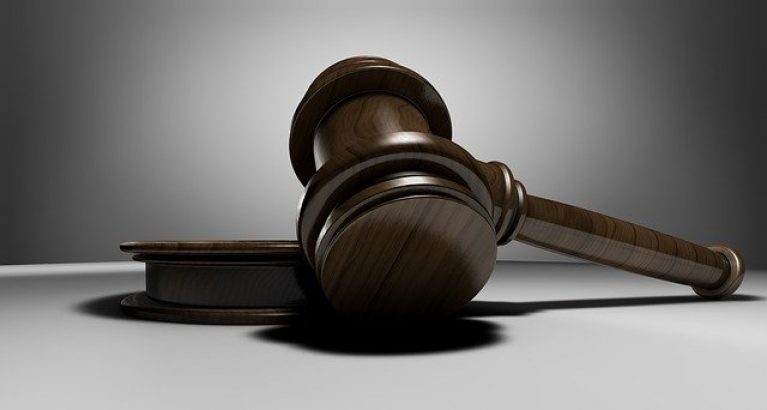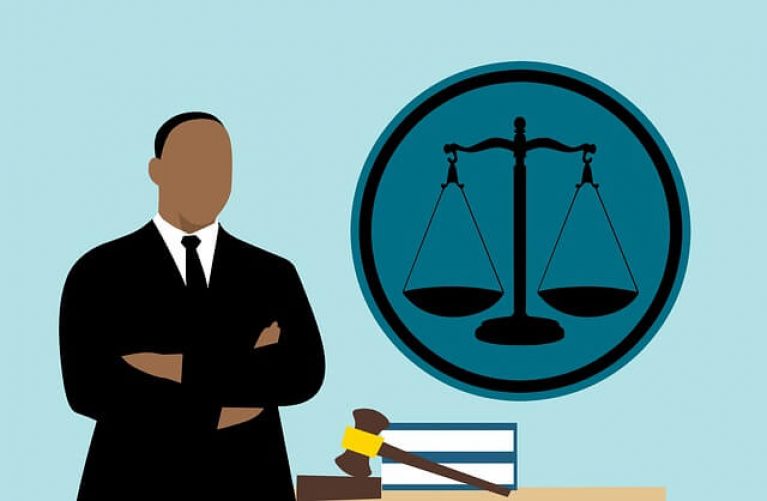Disclaimer: If you’re experiencing dealing with an insurance adjuster after an accident, the following information only serves as general guidance with regard to the legal process. It is not, however, actual legal advice. To understand more the legal nature of dealing with an adjuster after an accident, it is recommended that you talk to a licensed attorney who has knowledge and experience with cases like these.
When you suffer an injury in a car accident, you’re most likely dealing with the property damage and other personal injury claims. For that reason alone, you may need an insurance adjuster who can be your best friend, and at the same time your worst enemy. Insurance adjusters are out there waiting for you to need them during your tough times. So, here are the things you’d want to know when it comes to dealing with an insurance adjuster after an accident:

1) Check The Insurance Company That The Adjuster Represents
It’s crucial that you know what insurance company the adjuster works with. Let’s check these out:
- If he/she represents your insurance service provider, they would definitely need your cooperation. To smoothly process your insurance claims, be ready to answer their questions about the accident and the injuries/damages you incur because of the crash.
- If necessary, present your pieces of evidence to prove your claims such as photos, police reports (if available) and other relevant documents related to the accident. By doing so, you’re also participating in the investigation so that the adjuster can produce a good judgment in terms of your personal injury claims.
- If the adjuster comes from the other party’s insurance company, be careful with what you say and do. This is true especially when you’re talking about something that may hurt your defense.
- Don’t fall into the trap requiring you to give a recorded statement about what happened during the accident.
- Keep in mind that providing a recorded statement is not mandatory on your part. As much as possible, refrain from volunteering any information or from engaging in casual talks with an insurance adjuster.
2) Find Time To Question The Settlement Amount and How It Is Determined
It’s your legal right to verify how the adjuster comes up with the settlement amount being offered to you.
- Beware of their settlement tricks and other negative comments that encourage you to accept the offer immediately. Sometimes, the insurance adjuster may imply that you’re also partly at fault in the accident that’s why you’re receiving a lesser amount of settlement claim.
- Don’t fall for that kind of deception since you are also entitled to know what’s going on with the calculation. If you don’t also understand the computation of your claims, don’t think twice to check and verify with the adjuster.
- If you feel that the amount is beyond your expectations, don’t be afraid to negotiate until both of you meet halfway.

3) Make Sure Not To Delay Your Medical Treatment
Your medical examination is crucial in filing a personal injury claim.
- When you delay your medical treatment, chances are you’ll find it difficult to settle your case without seeking legal remedies in court to recover the compensation which is fair and reasonable on your part.
4) Take The Option Of Not Accepting The First Settlement Offer Right Away
If you want to maximize the remedies available to you under the law, don’t rush on anything, primarily the acceptance of the first settlement offer.
- If you’re going to accept the offer at once, you’re also depriving yourself of the chance to get a much higher settlement amount.
- If your medical examination is the only thing that bars you from getting the most out from your insurance company, you can wait until your medical examination becomes available and includes your medication and other treatment estimates. That way, you can request a higher offer along the way.
5) Get The Services Of An Attorney When You’re Unable To Settle With The Adjuster
There are times that you may feel that the insurance adjuster does not act in your best interests as the injured party – and you find it too hard to deal with him/her later on.
- You don’t have to worry because you still have the option of getting the services of an experienced lawyer in your place.
- When you have your legal counsel to represent you, transactions between the insurance adjuster may not be that demanding. This is true especially when your claim involves a more serious personal injury. It can be a long and stressful process for both parties.
- With a full understanding of legal jargon and the necessary negotiation skills, an attorney can support your case and work directly with the adjuster to get results.
- When you’re assisted by a lawyer, you can entrust everything to them so that you can also concentrate on your full recovery.
So, these are the things you may consider on how to deal with an insurance adjuster after an accident. While negotiating with an adjuster may be easy for some, the fact remains that your experience may be different from the other depending on your case. However, what is important is that you know how to handle your insurance negotiations and are aware of strategies that you can use to your benefit.
This is a guest post by Randolph Ferguson.
 Randolph Ferguson is a promising young law enthusiast working for the Law Offices of George Salinas. His pieces offer a youthful perspective on common law topics. Randolph is your go-to guy when it comes to sports, and he is often seen jogging when he has free time.
Randolph Ferguson is a promising young law enthusiast working for the Law Offices of George Salinas. His pieces offer a youthful perspective on common law topics. Randolph is your go-to guy when it comes to sports, and he is often seen jogging when he has free time.






